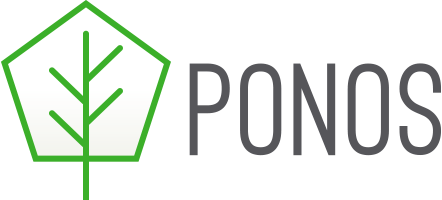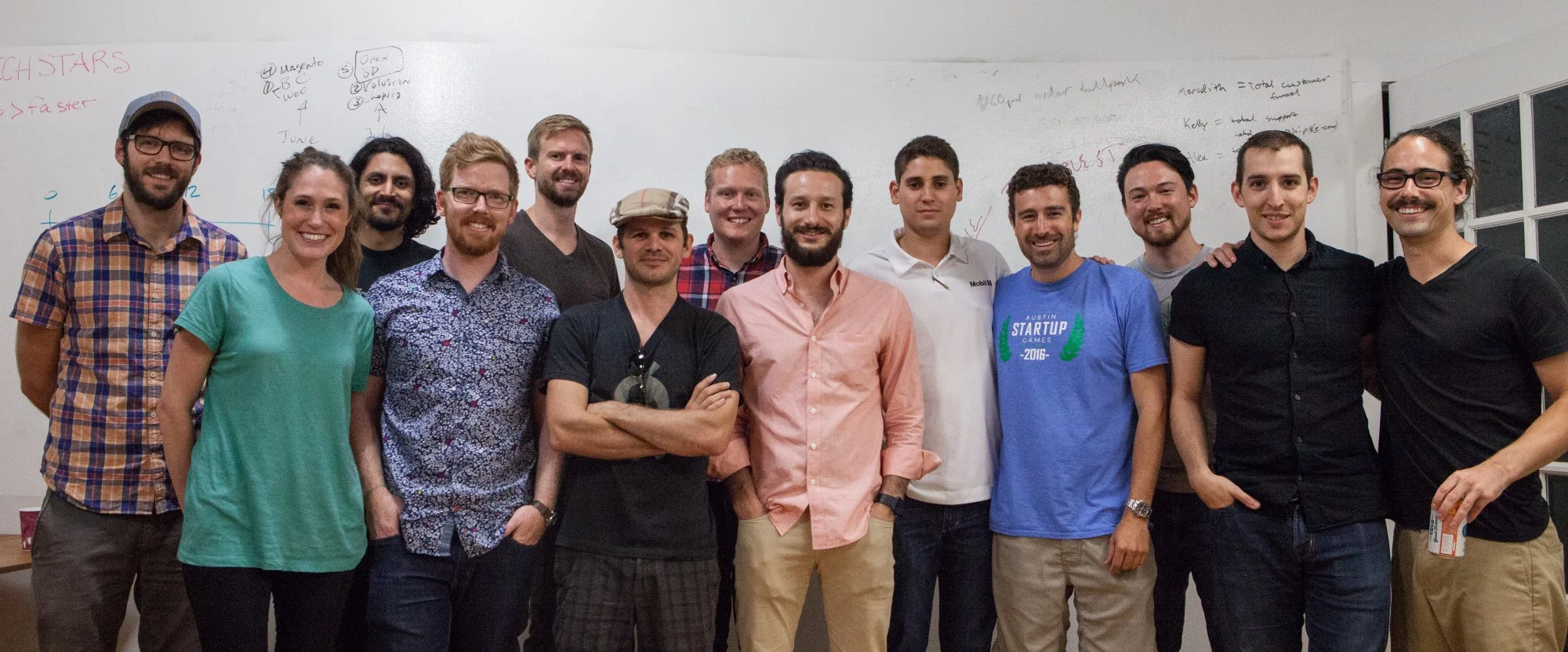In June 2016, Ponos was accepted to Startup Next. The program prepares startups for accelerators and seed investment with high quality mentorship through TechStars’ global network. Since Demo Day we have had time to reflect and wanted to share our experience.
Program Structure
Teams meet every Wednesday for two months. Sessions consist of a guest speaking on their area of expertise, a round of elevator pitches, and 1:1 mentoring.
- Week 1: Intro to TechStars Startup Next
- Week 2: Customer Development | Gavin Gillas | CEO of The Magazine Channel
- Week 3: Pitching | Keith Casey | Product Management at Okta
- Week 4: Product Market Fit | Dave Lemphers | Co-founder of Hyperplane
- Week 5: Funding pt 1| whurley | Founder of Honest Dollar
- Week 6: Funding pt 2 | Evan Baehr | Co-founder of Able Lending
- Week 7: Pitch Practices
- Week 8: Demo Day
True to the TechStars mantra “Do More Faster”, Startup Next pushes you to traction. They encourage you to accomplish the next strategic inflection point on the critical path and measure what takes you to the next level.
As a pair of founders passionate about lean startup, this guidance was perfect. The structure allowed us the freedom to define our critical path, while putting in place a set of checks and balances enforced by our mentors. Their experience and feedback from the group kept us on task and forced us to execute quickly.
Learning From The Pros
Given we’re relatively green (pun intended) to hardware, the expertise and guidance we received from our mentors was huge. We understand the value of experimenting and taking incremental steps when proving out the business model. But iterating on hardware is a different animal. Getting 1:1 time with experts that have done Kickstarter campaigns and designed hardware products from start to finish validated what we were doing right and helped us discover what we could improve.
We had no idea how easy it was to get component companies to send product samples for testing. We could have figured out what we needed and bought variations but the time spent researching parts is not worth it. This simple tip let us test different components for free. Ultimately, allowing us to narrow down selections that otherwise would have costed more and taken longer.
Don’t Take Things For Granted
Anyone that has started a business before is likely aware that you start to take knowledge around your industry or market niche for granted. You know it so well you gloss over details and make assumptions without validation. We try to prevent this but it is shocking how different a perspective you get from people hearing about your technology for the first time.
It’s important to keep in mind every person you talk to gives you a new perspective. The best feedback is from initial conversations with your target market or industry experts. Follow on conversations are inevitably variations on what you have already discussed.
Key Takeaways
Doing more faster does not mean make yourself busy. It means purposefully accomplishing the most important tasks — the ones on the critical path to your next strategic milestone, where you hit a value inflection point and are suddenly worth much more.
Test out your suppliers, they’ll be happy to help you evaluate. If you’re doing anything with hardware and will end up using components from larger manufacturers, contact a sales rep, tell them about your project, and ask for a few samples. Better yet, tell them you are using a competitor’s product and ask them for a comparable sample to test.
Make sure you continue to talk to NEW people about your idea. The best feedback you will get is from fresh conversations with people that have never heard what you’re doing. It’s easy to get locked into familiar people or old ideas — keep pushing the boundaries on what you explore and learn.

